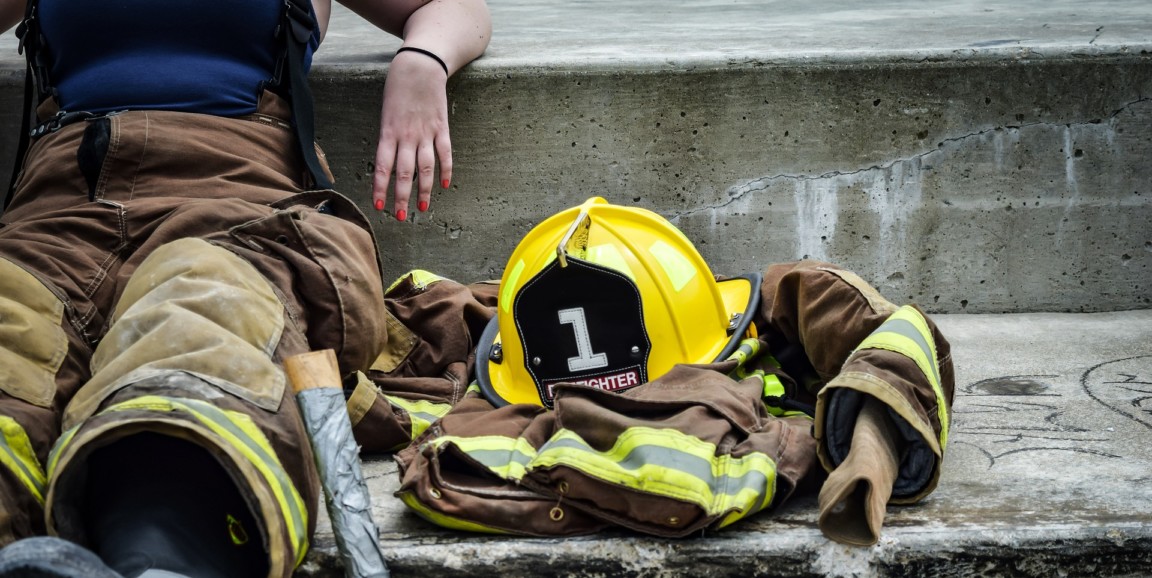Burnout is a hazard for anyone working in a fast-paced, people-oriented profession, says Rachel Schwartz, PhD, a Stanford postdoctoral scholar in primary care and outcomes research. But while teachers, firefighters, social workers, lawyers and others also have stressful jobs, physicians are burning out at almost twice the rate of other professionals.
Maybe workers in other fields can offer the medical profession some pointers, Schwartz and her fellow researchers at Stanford Presence 5 -- a group working to cultivate human connection in clinical encounters -- reasoned. They interviewed 30 people in similarly people-intensive jobs to learn how they cope; their research was published recently in the Journal of General Internal Medicine. I spoke with Schwartz about her research.
"I was surprised to find that many other fields have well-developed protocols in place for protecting the emotional well-being of their staff," Schwartz said. "Practicing medicine is inherently emotionally challenging, but medical professionals are not typically provided with emotional training or the community support infrastructure necessary to protect their own wellness."
The researchers found that workers in other professions benefitted from a number of workplace practices:
- Flexible schedules allow them to take time off and decompress after a stressful work period.
- Time built into the day for peer support lets employees process stressful work situations.
- Leaders who encourage self-care cultivate a culture in which workers feel comfortable protecting their own wellness.
The professionals interviewed also practiced personal self-protection techniques that they said helped them. One fire captain, for example, tells himself, "It's not my emergency." And many set boundaries: They refer clients to other professionals or agencies when the clients' problems exceed the scope of their job.
They also recharge themselves by finding meaning in their work, whether through creative problem solving or by connecting with others. One police officer accomplished both when he assigned a high school student an essay after she was caught with marijuana.
"When professionals approached challenges as opportunities to foster connection, they experienced more meaningful, rewarding engagements," Schwartz said.
Image by TheHilaryClark






